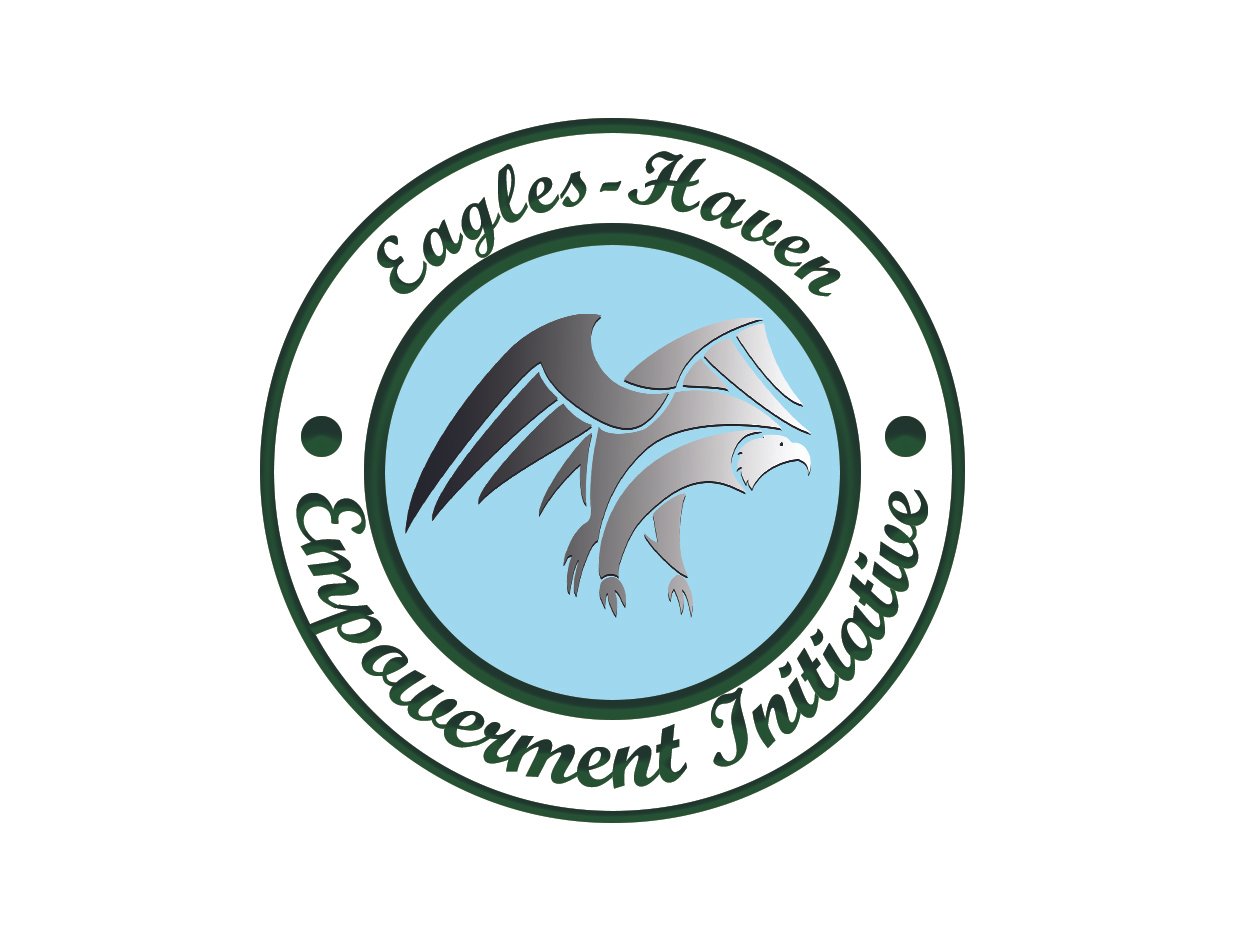Basic Concepts Of Cancer
Concepts Of Cancer
Cancer is a disease whereby body cells lose their growth-regulating ability. The cells of the body divide continuously and rapidly without control. For normal cells, they grow and divide to form new cells. When these cells get old, they deteriorate and die giving room for their replacement by new cells. Contrary to cancer cells, they resist death as they get old, they become more and more abnormal. They form new cells when there are not needed. Cancer is one of the most common and deadly diseases. According to the World Health Organization (W.H.O), "cancer is the second leading cause of death in the world which was responsible for over 9.6 million deaths in 2018" [1].
Cancer as a term cannot be fully explained without talking about tumor cells. A tumor cell is a cell which grows uncontrolled and in most cases form growths in body tissues. Tumor cells are commonly known as a lump. There are 2 forms of tumors;
Benign tumor: this tumor is described as a large lump that is located in a particular tissue
Malignant tumor: this tumor has spread to other parts of the body. This process is called metastasis. When a tumor develops the ability to metastasize then it is cancerous.
TYPES OF CANCER
There are numerous types of cancer. Cancer can be found in every part of the body, hence cancer can be named based on these various parts. For example, cancer of the lungs, breast, colon, prostate, skin, etc. "The major types of cancer are carcinoma, sarcoma, melanoma, lymphoma and leukemia"[7].
Carcinoma: This is cancer that originates mostly from organs of the body such as lungs, skin, breast, pancreas, etc.
Sarcoma: This is "cancer of connective tissues such as bones, muscles, cartilage, and blood vessels"[8].
Melanoma: This is a cancer of cells that produce the skin's pigment known as melanocytes.
Lymphoma: This is a cancer of immune cells known as lymphocytes.
Leukemia: This is a cancer of the blood that originates from the bone marrow.
RISK FACTORS FOR CANCER
These are factors that can potentiate the emergence of cancer. They are not the actual causes of cancer. "Research has shown that certain risk factors may increase the chances of an individual in developing cancer”[6]. Avoiding these risk factors can reduce the risks of developing cancer. It is important to know that some can be avoidable while others may not be avoidable some common risk factors for cancer are; heavy alcohol use, unhealthy diet, sedentary lifestyle, tobacco smoking, family history, aging, etc. “Tobacco use is the single most important risk factor for cancer and is responsible for approximately 22% of cancer-related deaths globally”[1]
CAUSES OF CANCER
There are various causes of cancer. The W.H.O classifies these causes based on their causative agents. These classifications are;
Physical causative agents, e.g. ionizing and ultraviolet radiation
Chemical causative agents, e.g. tobacco, arsenic, asbestos
Biological causative agents, e.g. bacteria and viruses
TREATMENT
There are certain considerations in selecting the best treatment option for cancer. They include “the type of cancer, the stage of cancer, whether it has spread and the health of the patient”[3]. Cancer treatment is mostly individualized based on what works for the patient. “Some cancers respond better to surgery; others respond better to chemotherapy or radiotherapy”[2]. The three main treatments for cancer are;
Surgery: surgical remover of a cancerous tumor before it spreads throughout the body.
Chemotherapy: use of chemically synthesized drugs to reduce or eradicate cancerous cells.
Radiation therapy: “uses high dose radiation to shrink or kill cancerous cells”[2].
New treatment therapies such as boosting the immune system to kill cancerous cells, stem cell replacement therapy and targeted therapy with monoclonal antibodies are being developed.
SUPPORTIVE CARE
In most cases, cancer patients appear to be hopeless, demotivated and depressed. Quoting Delores, a cancer survivor, “There is a fear that goes through you when you're told you have cancer. It's so hard, in the beginning, to think about anything but your diagnosis. It's the first thing you think about every morning. I want people with cancer to know it does get better. Talking about your cancer helps you deal with all of the new emotions you are feeling. Remember, it's normal to get upset"[4]. Cancer patients do not only need cancer treatment plans but also supportive care. This role is played by family, friends and healthcare providers. Other supportive therapies include; “nutrition therapy, naturopathic support, oncology rehabilitation, mind-body medicine”[1].
Conclusively, having basic knowledge about cancer can help in the fight against cancer. Today, cases of patients who survived cancer have been recorded. This is to say that cancer is not a death sentence but a fight that can be won. Early diagnosis and early intervention can increase the chances of surviving cancer.
REFERENCES
1. Who.int. (2020). Cancer. Retrieved from: https://www.who.int/news-room/fact-sheets/detail/cancer [Accessed 28 Jan. 2020].
2. Medical News Today. (2020). Cancer: Overview, causes, treatments, and types. Retrieved from: https://www.medicalnewstoday.com/articles/323648.php#treatments [Accessed 28 Jan. 2020].
3. Cancer Treatment Centers of America. (2020). What is Cancer? | Common Forms and Oncology Treatment Options. Retrieved from: https://www.cancercenter.com/what-is-cancer [Accessed 28 Jan. 2020].
4. Cancer.org. (2020). What Is Cancer?. Retrieve from: https://www.cancer.org/cancer/cancer-basics/what-is-cancer.html [Accessed 28 Jan. 2020].
5. National Cancer Institute. (2020). Risk Factors for Cancer. Retrieved from: https://www.cancer.gov/about-cancer/causes-prevention/risk [Accessed 28 Jan. 2020].
6. National Cancer Institute. (2020). Risk Factors for Cancer. Retrieved from: https://www.cancer.gov/about-cancer/causes-prevention/risk [Accessed 28 Jan. 2020].
7. WebMD. (2020). Basics of Cancer. Retrieved from: https://www.webmd.com/cancer/understanding-cancer-basics [Accessed 29 Jan. 2020].
8. Healthline. (2020). Cancer Types - Carcinoma, Sarcoma, Leukemia, Lymphoma | Healthline. Retrieve from: https://www.healthline.com/health/cancer [Accessed 3 Feb. 2020].
By Okika Simon G.
EHEI Blogger

Comment
Leave a comment